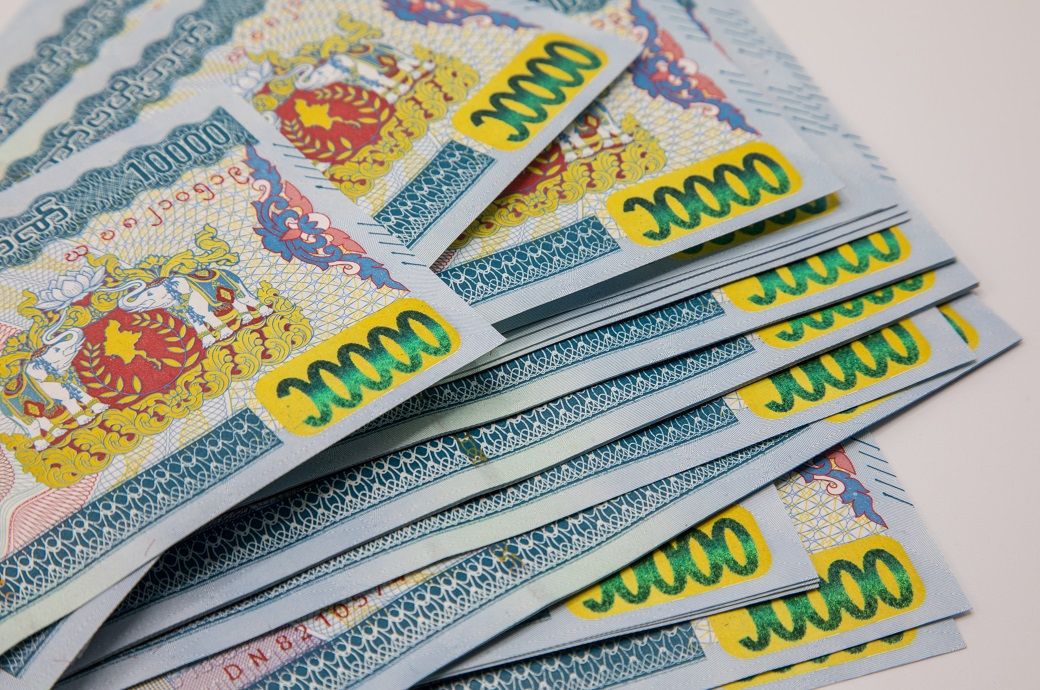
The depreciating kyat, combined with high global prices and ongoing logistics constraints, has caused import costs to rise sharply. While some firms are showing signs of resilience, household incomes remain weak and Myanmar’s potential for inclusive growth has been severely weakened by recent shocks, according to a World Bank report titled ‘Myanmar Economic Monitor: Coping with Uncertainty’.
The cumulative impact of these shocks fuels inflation and further reduces real incomes. In July and August 2022, almost half of all households in the country reported income losses. Economic recovery from the shocks of COVID-19 and the military coup is likely to be constrained by macroeconomic and regulatory uncertainty. The gloomy global economic outlook, which affects Myanmar’s major trading partners including the United States, the European Union, and China, will further weigh on the country’s growth prospects.
Frequent changes to rules and regulations have led to greater uncertainty around access to foreign exchange and imports, reducing confidence in payment systems and delaying customs processes. Some businesses are findings ways to cope with the challenging conditions, through access to favourable exchange rates or exemptions from regulatory requirements. Others have switched to informal channels for payments and goods trade.
In the absence of more shocks, the economy is expected to expand slowly beyond 2023, but at rates well below those observed before the pandemic. Downside risks include the possibility that conflict may intensify in 2023, while geopolitical tensions could escalate. Growth is likely to suffer in the medium to long term as resources are taken from competitive and export-oriented areas.
Myanmar could strengthen economic growth by reconsidering its exchange rate policy, which causes high inflation, fiscal deficits, weak exports, and low growth rates. The report recommends a more unified and market-oriented exchange rate system, which would help stabilise the economy, reduce inflation, boost trade, and minimise market distortions.
Fibre2Fashion News Desk (NB)